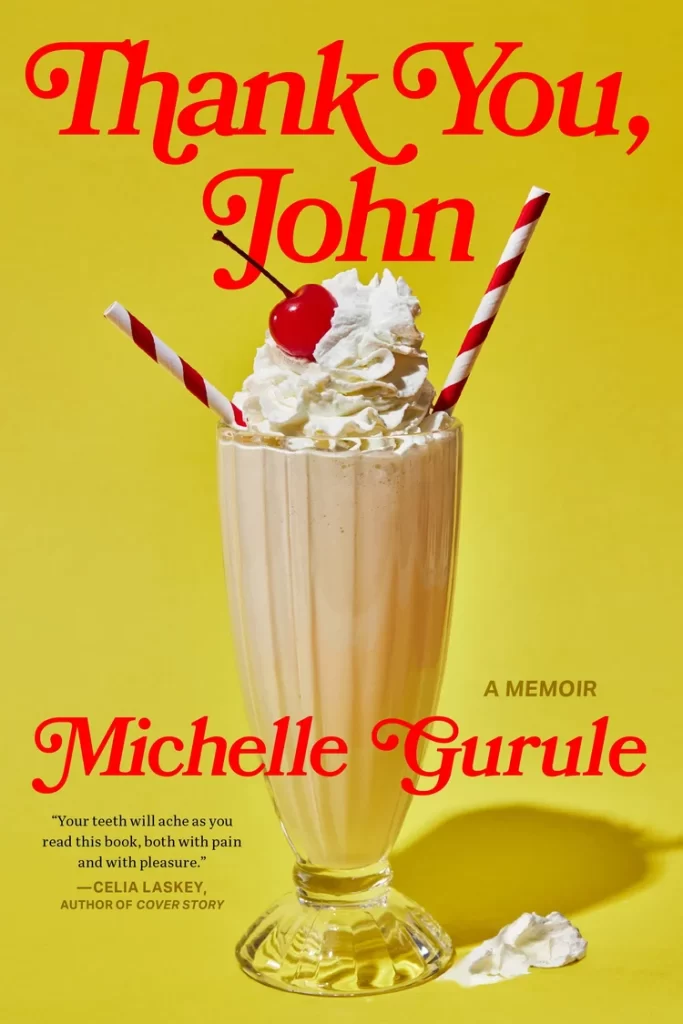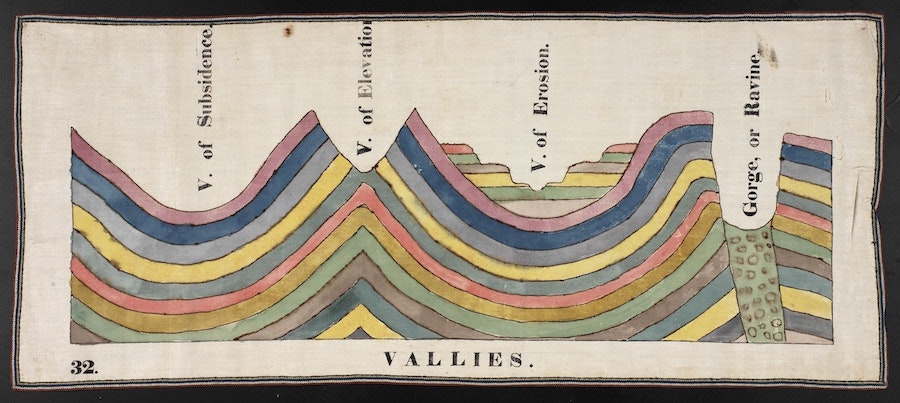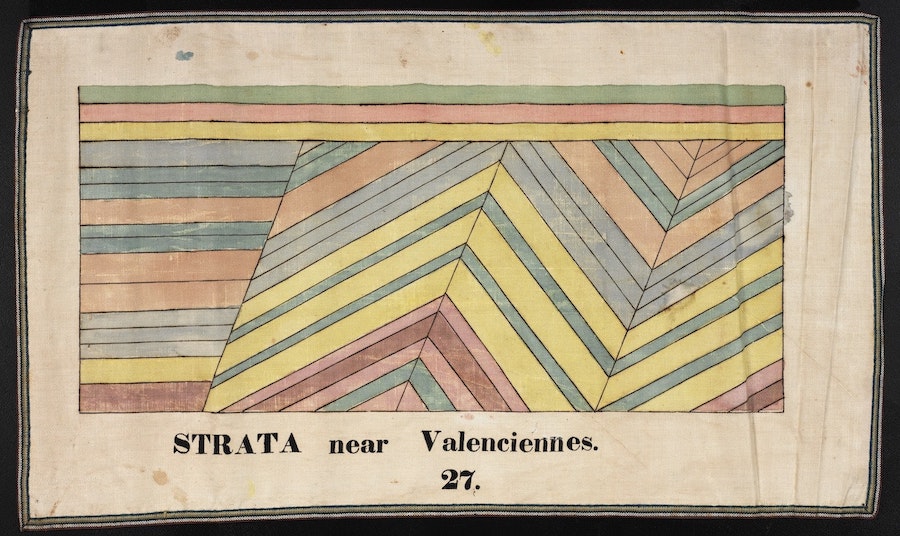I am in awe. Every day I wake, it doesn’t take long to notice the light growing behind the shadows of the Sandias. The way that light, through the early hours, covers the spectrum of star-pierced darkness to navy, violet, pink, green, yellow, and then settles into its day-long blue. And if there are clouds, they absorb every color like a painter’s sponge, blotting their shapes on the canvas of the sky.
But it isn’t just the immense natural wonders that bring me awe. There is also the perfect roundness of the spoon that holds the sugar I slip into the coffee. The smell as the silent coffee maker keeps the rest warm for my partner, who is still asleep, and whose breath as she dreams fills me with deep wonder. And the basil plants on the patio as I step out to water them, and which I’ve watched grow all spring and summer, from dense little seeds into these plumes of deep green… All such undeniable sources of amazement!
But there’s another kind of awe, too. One that is not pleasant, not pretty—a kind which, so often, is born of anger. Don’t we all know this kind of awe, and too well? Violence, hatred, the refusal to recognize the humanity of marginalized peoples, and the life of the earth itself… I am flabbergasted, in awe of the continual destruction of the environment, the steady tearing down of rights, the incessant refusal to curb the senseless killing of people—of children!—with guns. I am in bewildered awe of how deep human cruelty and greed can go, always seeming to plumb to further and further depths of unspeakableness.
This kind of awe, thankfully, is not useless—it doesn’t have to render one helpless. It makes us move. It galvanizes us to do something, everything we can, to better things. The justifiable anger that results from injustice might be what the Buddhists call “righteous anger”—not because the one who is angry is thereby saintly, but because their anger is right, warranted, and is rooted in compassion.
Here, I want to offer a formula:
Attention → Awe → Empathy → Change
I believe that when we pay attention to the world in all its hideousness and beauty, we come naturally to awe. In awe of the world and its expressions of life—and death—we develop empathy. And, in empathy, we are encouraged to do something, anything, to make change for the better.
But, when it comes to poetry, there’s another, crucial element:
the signals we give—yes or no, or maybe—
should be clear: the darkness around us is deep.
-William Stafford
Our signals should be clear. I’m reminded, here, of Mary Oliver’s declaration that poetry “mustn’t be fancy”; that some poets tend to “tap dance” around their subjects instead of presenting them lucidly and usefully. I don’t think many poets intentionally try to confuse their reader, but some may do so simply by avoiding or eschewing clarity as unsophisticated, too simple. But clarity, of course, does not mean overly simple. I think a poem that makes a sincere effort to reach the reader, to extend to her an open hand, while still utilizing the skillful elements of metaphor and music, freshness and experimentation, is an embodiment of compassion.
The darkness around us is deep. Let us work to create clear pathways, clear and strong bridges, to connection. Let us pay close attention to the astoundments that surround us moment by moment, the things that make our lives worth living. Let us, at the same time, stay open to the hard and terrible truths, the things we want to see change. In awe of every aspect of the world, how can we not wish to honor it, to preserve and protect its many, equally worthy expressions of life? The darkness around us is deep, but so is the light that, with the hours, is growing wider.
As this year’s Poetry Editor for BMR, I am interested in work that explores these ideas. Where do you place your attention, day by day? And what sources of awe does attention bring you to? In awe, what do you find matters most—who and what do you wish to honor and protect?
None of this means that I’m looking for overtly political poems, necessarily (though I’m not against them), or poems that are overly didactic. Rather, I want poems that refuse to believe that, as Auden somewhat sarcastically put it, “poetry makes nothing happen.” Of course poems make things happen. Maybe poems won’t change the whole world, but they can, and do, change the worlds of their readers. And isn’t that where change begins—with us, as individuals? What else can we offer, as poets, as artists? Or, I should say, what else can we offer that could possibly be more worthwhile?



